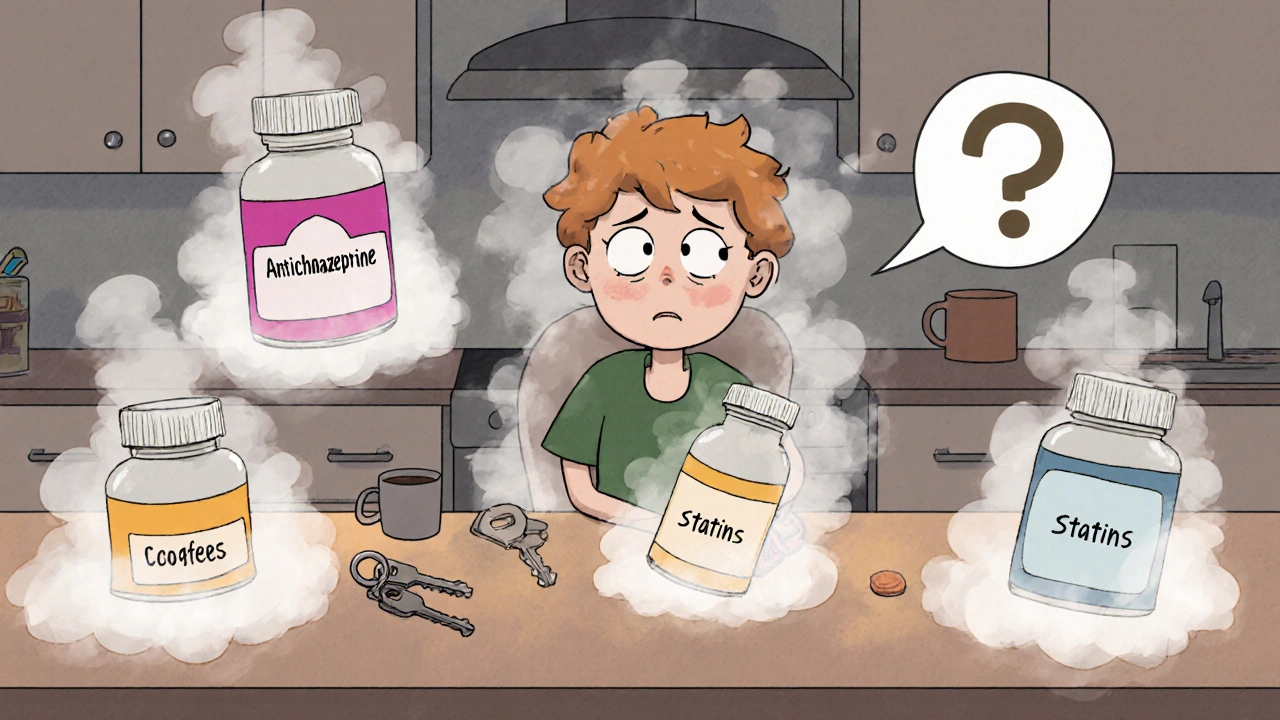Health & Medicine: What Works, What’s a Myth?
When you search for health advice, you hit a flood of headlines that promise miracle cures or warn of hidden dangers. It’s easy to feel lost. The good news? You don’t need a PhD to tell the difference between a solid fact and a catchy myth. Below we break down the most common drug myths and give you tools to spot trustworthy info.
Separating Fact from Fiction in Drugs
First off, not every medication on the shelf is a magic bullet. A drug only works when it has passed rigorous clinical trials that prove safety and effectiveness. Those trials compare the drug to a placebo or another treatment, and they use real‑world patients, not just lab mice. If a study shows a 20% improvement over placebo, that’s a real effect you can trust.
One myth that sticks around is that “natural” supplements are always safe. In reality, many herbs can interact with prescription meds or cause side effects on their own. For example, St. John’s Wort can lower the effectiveness of birth control pills and some antidepressants. The same logic applies to over‑the‑counter pain relievers; using too much ibuprofen can lead to kidney problems, even though it’s sold without a prescription.
Another common myth is that antibiotics work for everything, including colds. Antibiotics target bacteria, not viruses. Taking them for a viral infection not only does nothing but also fuels antibiotic resistance—a growing public‑health crisis. Doctors only prescribe antibiotics when a bacterial infection is confirmed or highly suspected.
When a new medication hits the market, the hype can be misleading. Look for FDA approval or a similar regulatory stamp in your country. That approval means the drug has met minimum safety standards. Media hype often focuses on a single study and ignores the broader body of research, so always check if other studies have replicated the findings.
How to Spot Reliable Health Info
Now that you know what to question, let’s talk about sources. Peer‑reviewed journals are the gold standard. If you see a claim that cites a study from a journal like *The New England Journal of Medicine* or *The Lancet*, that’s a solid sign. Government health sites (CDC, NHS, WHO) also provide vetted information.
Beware of websites that sell the product they’re promoting. If a page pushes a specific supplement while offering it for sale, the content is likely biased. Look for a clear separation between editorial content and advertising.
Social media can be a minefield. A post that gets thousands of likes doesn’t guarantee accuracy. Check the author’s credentials—are they a medical professional, a researcher, or just an enthusiast? If you’re unsure, a quick search of the study’s title can reveal whether other reputable sources reference it.
Finally, ask yourself: does the information make sense with what you already know? If a claim sounds too good to be true—like a pill that instantly cures arthritis—chances are it’s not. Real medical advances take time, multiple trials, and often come with caveats.
By focusing on evidence, checking sources, and staying skeptical of hype, you can navigate health news without getting duped. The next time you read a headline about a “miracle” drug, pause, dig a little, and you’ll likely find the real story underneath.
Pharmaceuticals vs Myths: What Actually Works
Separate fact from fiction on medicines. Learn which pharmaceuticals truly work, why myths persist, and how evidence guides safe treatment choices.
Medications That Affect Memory and Focus: What You Need to Know
Many common medications - from allergy pills to antidepressants - can cause memory loss and brain fog. Learn which drugs are most likely to affect focus, what to do if you suspect they’re the cause, and how to talk to your doctor about safer options.


